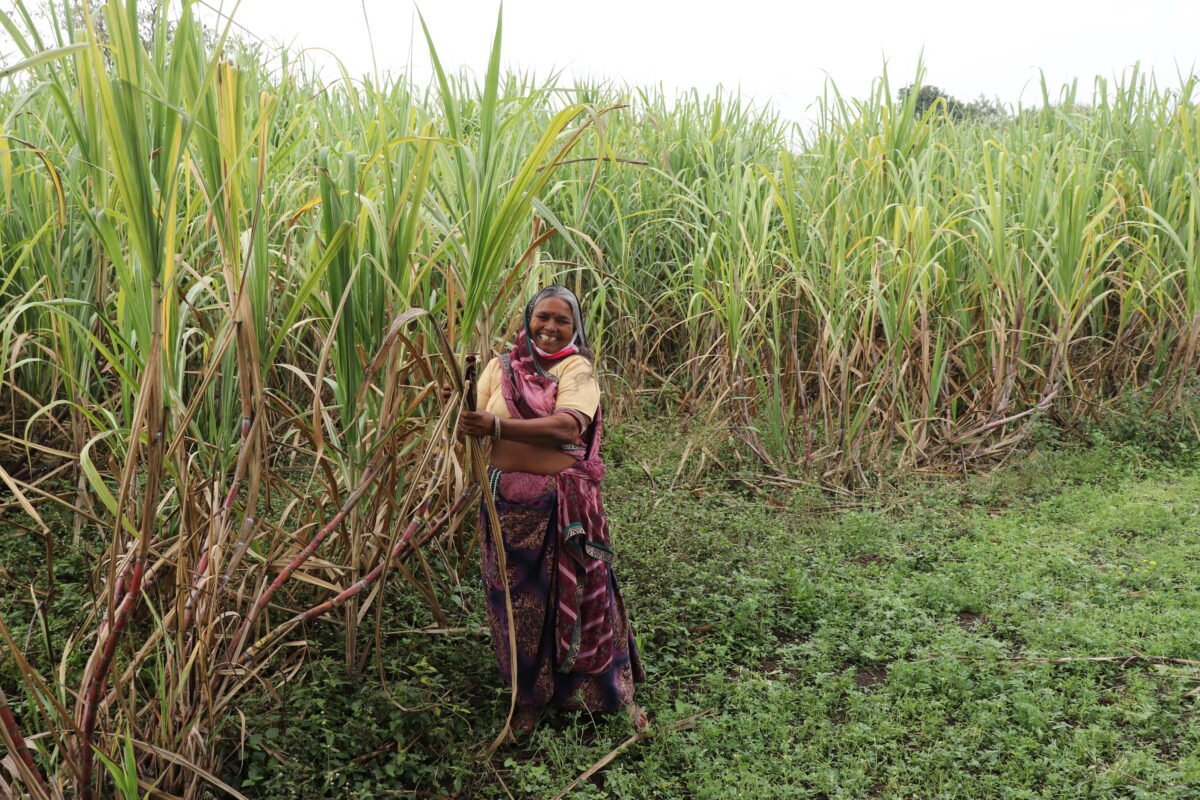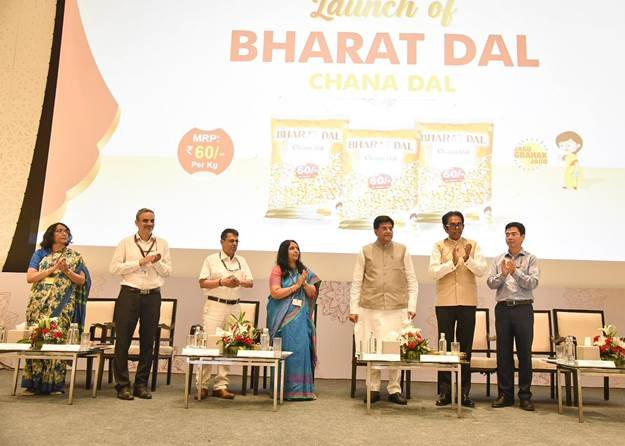Sarbananda Sonowal launches curtain raiser of Global Maritime India Summit, 2023
More than 50 countries to participate in the Global Maritime Summit, 2023 to be held from 17th to 19th October.
The Union Minister of Ports, Shipping & Waterways and Ayush, Sarbananda Sonowal launched the curtain raiser of Global Maritime India Summit (GIMS), 2023 in Mumbai. The summit is slated for 17th to 19th October 2023, at Pragati Maidan, New Delhi, with FICCI as the exclusive industry partner. The event is aimed at unlocking potential for new investment opportunities along with collaborations for knowledge and technology to enhance cooperation in trade and promote Ease of Doing Business (EODB).
Addressing the Curtain Raiser for the upcoming Global Maritime India Summit 2023, Sonowal emphasised the vital role of the maritime sector in India’s economic progression and the potential it holds for the Asia-Pacific region. “India can lead from the front. India’s maritime sector is poised for growth, owing to proactive government policies around, ports, shipping and inland waterways”, said Sonowal.
The curtain raiser event is aimed at creating a global forum of thought leaders as well as industry captains from maritime sector to harness the immense potential of Blue Economy and draw a roadmap to unlock value through creation of investment opportunities in the maritime sector of India. The forum will provide a platform for start-ups, researchers, incubators and innovators to showcase their technology & expertise. The focus areas of GMIS, 2023 are Ports of the Future; Decarbonization; Coastal Shipping & Inland Waterways Transportation; Shipbuilding, repair & recycling; Finance, Insurance & arbitration; Innovation & technology; Maritime Safety & Security and Maritime Tourism.
The Minister said, “As key driver of India’s maritime sector, our ministry has been organising the Global Maritime India Summit, to create value from the vast potential of India’s rich maritime sector. With an identified investment opportunities of more than Rs 10 lakh crores in the maritime sector of the country, we are standing at a threshold of a major economic upswing which can generate employment opportunities for more than 15 lakhs youth of India. This summit has been designed to explore and examine riches of India’s Blue Economy. We hope that the best minds of maritime sector will hedge their goodwill, intent, intelligence and skills to produce a roadmap for a sustainable development of maritime sector as well as our country.”
Sonowal further added, “We invite all the maritime stakeholders in India and globally to be part of these investment opportunities. India is actively driving the establishment of 5,000 km of multi-country waterways, a significant initiative that will effectively facilitate trade and transportation across the region.”
The curtain raiser concluded with the unveiling of the official GMIS 2023 brochure and the launch of the event’s website and mobile app to provide a comprehensive overview of the summit’s agenda and thematic sessions and will serve as essential resources for participants.
More than 50 countries to participate in














